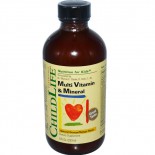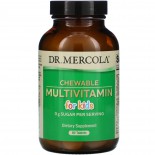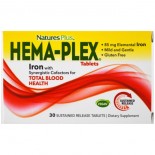Return to Previous Page
Multivitamins

Multivitamins - multi vitamins
A multivitamin is preparation intended to be a dietary supplement with vitamins, dietary minerals, and other nutritional elements. Many multivitamins are formulated or labeled to differentiate consumer sectors, such as prenatal, children, mature or 50+, men's, women's, diabetic, or stress. Consumer multivitamin formulas are available as tablets, capsules, bulk powder, or liquid. Most multivitamins are intended to be taken once or twice per day, although some formulations are designed for consumption 3–7 or more times per day.
Why take multivitamin supplements?
Recent research indicates that several of the nutrients found in standard multivitamin supplements play important roles in preventing chronic diseases like heart disease, cancer, and osteoporosis. A daily multivitamin supplement ensures an adequate intake of several micronutrients that are not always present in the diet in optimal amounts:
- Folic acid. Birth defects like spina bifida are less common in the infants of women who start taking folic acid supplements prior to conception. Increased folic acid intakes can lower homocysteine levels, and high homocysteine levels are associated with increased risk of cardiovascular diseases and Alzheimer’s disease. Increased folic acid intake may decrease the risk of some types of cancer, especially in those who drink alcoholic beverages.
- Vitamin B12. In many people, the ability to absorb vitamin B12 from food but not from supplements declines with age. For this reason, it is recommended that adults over the age of 50 obtain the RDA for vitamin B12 from supplements or fortified foods. Since it is only found in animal products, strict vegetarians also need to get vitamin B12 from a supplement or fortified foods.
- Vitamin D. In many parts of the world, there is insufficient ultraviolet light for vitamin D synthesis in the skin during winter. Using sunscreen and avoiding sun exposure to prevent skin damage also prevents vitamin D synthesis. Vitamin D synthesis in the skin declines with age.
- Iron. Iron deficiency is the most common micronutrient deficiency worldwide and is a significant problem. Although uncommon in men and postmenopausal women, iron deficiency is still common in children, adolescents, and premenopausal women.

Please wait...
